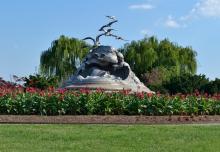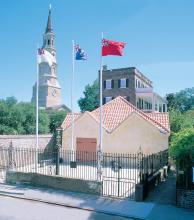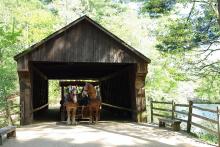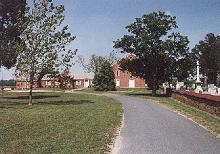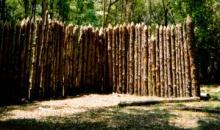Morikami Museum & Japanese Gardens

Since its opening in 1977, The Morikami Museum and Japanese Gardens has been a center for Japanese arts and culture in South Florida, with rotating exhibits in its galleries,tea ceremonies performed monthly in its Seishin-an tea house, an educational outreach program with local schools and organizations, and Japanese traditional festivals celebrated for the public several times a year.
The original building, named the Yamato-kan, is modeled to suggest a Japanese villa. It features a ring of exhibition rooms embracing an open-air courtyard with a dry garden of gravel, pebbles and small boulders. The Yamato-kan offers a permanent exhibit chronicling the history of the Yamato Colony, a Japanese farming community in South Florida 100 years ago.
The principal museum building opened in 1993 to meet a popular demand for more programming, more versatile facilities, and to satisfy the needs of a growing community. The museum’s architecture is inspired by traditional Japanese design. The building features exhibition galleries, 225-seat theater, authentic tea house with viewing gallery, library, classrooms, museum store, cafe and lakeside terrace with Japanese courtyard garden.
The Morikami Museum Collection houses 5,000 Japanese art objects and artifacts, including a 500-piece collection of tea ceremony items, more than 200 textile pieces and recent fine art acquisitions. The 200 acres that surround The Morikami's two museum buildings include expansive Japanese gardens with strolling paths, resting areas, tropical bonsai collection, small lakes teeming with koi and other wildlife, nature trails, pine forests and park and picnic areas. The Morikami Museum and Japanese Gardens, with its unique gardens and collections, is one of Palm Beach County's most treasured cultural attractions. Located in a tranquil natural setting, The Morikami invites visitors to explore its many facets and to discover Florida's heritage and its connection with Japan.

